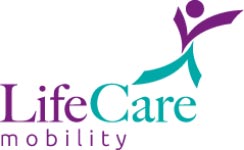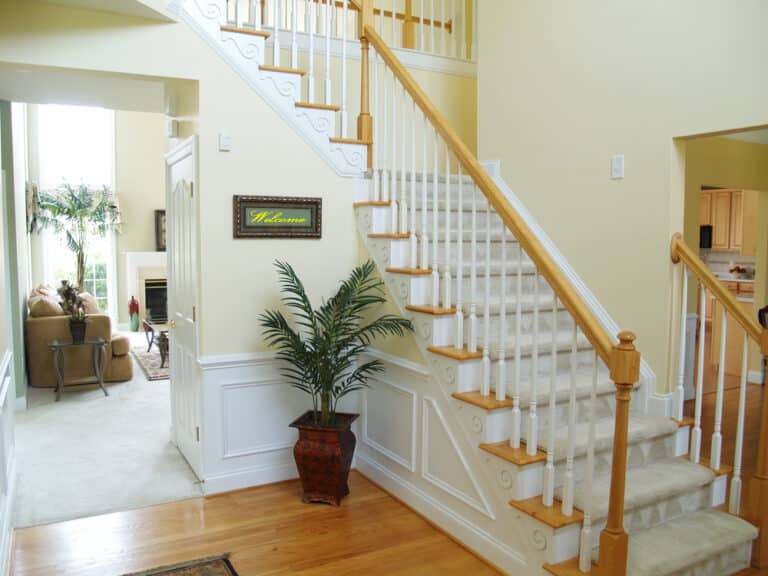For many people, staircases are simple pathways from one floor to the next. For many others, staircases are dangerous parts of any building. Especially when mobility issues are present, people would often rather take elevators to get to the various floors of a building. In one’s home, however, an elevator is generally not available. As a result, it’s imperative that in-home staircases are made as safe as they can be.
Make them as slip-resistant as possible.
Naturally, the number one worry for those who use stairs is tripping and falling. It’s imperative that there are no obstructions on staircases so that the risk of tripping over something is eliminated. However, many sets of stairs are themselves quite slippery. In many cases, tightly-fitted carpets need to be installed or, at the very least, slip-resistant mats. As Rob Blackbeard of South Africa’s Steel Studio points out, this is especially important when there are seniors living in the home.
“If you have elderly people using the stairs, you will need to ensure that the treads are of such materials that enable good grip when climbing the stairs,” he writes, “It is sometimes beneficial to add slip resistant strips or mats to the treads…Glass treads have become very fashionable in contemporary designs however these treads are not a good solution for outdoor conditions and tend to be more slippery than traditional indoor, timber, stone or tiled treads.”
Make them wider than normal.
Some homeowners need to have their staircases, along with other pathways in their homes, widened to accommodate for family members with disabilities. Naturally, the requirement for such renovations can prove costly. However, the added space enables those with mobility issues to have easier access to the various levels of the home. Denver-based architect, Doug Walter explains on ProRemodeler.com that this is especially important for the staircase that leads to the front door of your home.
He suggests, “extending the width of the stairs on the latch side to recognize the space needed to set down a package while fumbling for keys. A wider stair is also easier to get to from the sides, where a closed stringer is a potential trip hazard.”
Install a stair lift.
At LifeCare Mobility Solutions, we completely understand that major renovations are unaffordable for most. Not to mention, wider staircases don’t guarantee that slips and falls won’t take place. Stair lifts, on the other hand, do away with all the worry that comes with walking up and down stairs. They enable those with mobility issues to enjoy smooth and safe rides up and down the staircases in their homes.
We offer stair lifts that can be mounted on either straight or curved staircases, making it easy to access other levels of your home with any type of stair design. Straight stair lifts are fitted to staircases with no bends. Curved stair lifts are fitted to staircases that have one or more bends and require custom-designed curved rails.
If you have any questions about the stair lifts offered by LifeCare Mobility Solutions, please don’t hesitate to call us at 647-350-4488 or email us at info@lifecaremobility.ca. You may also contact us by filling out the form on our Contact page!











